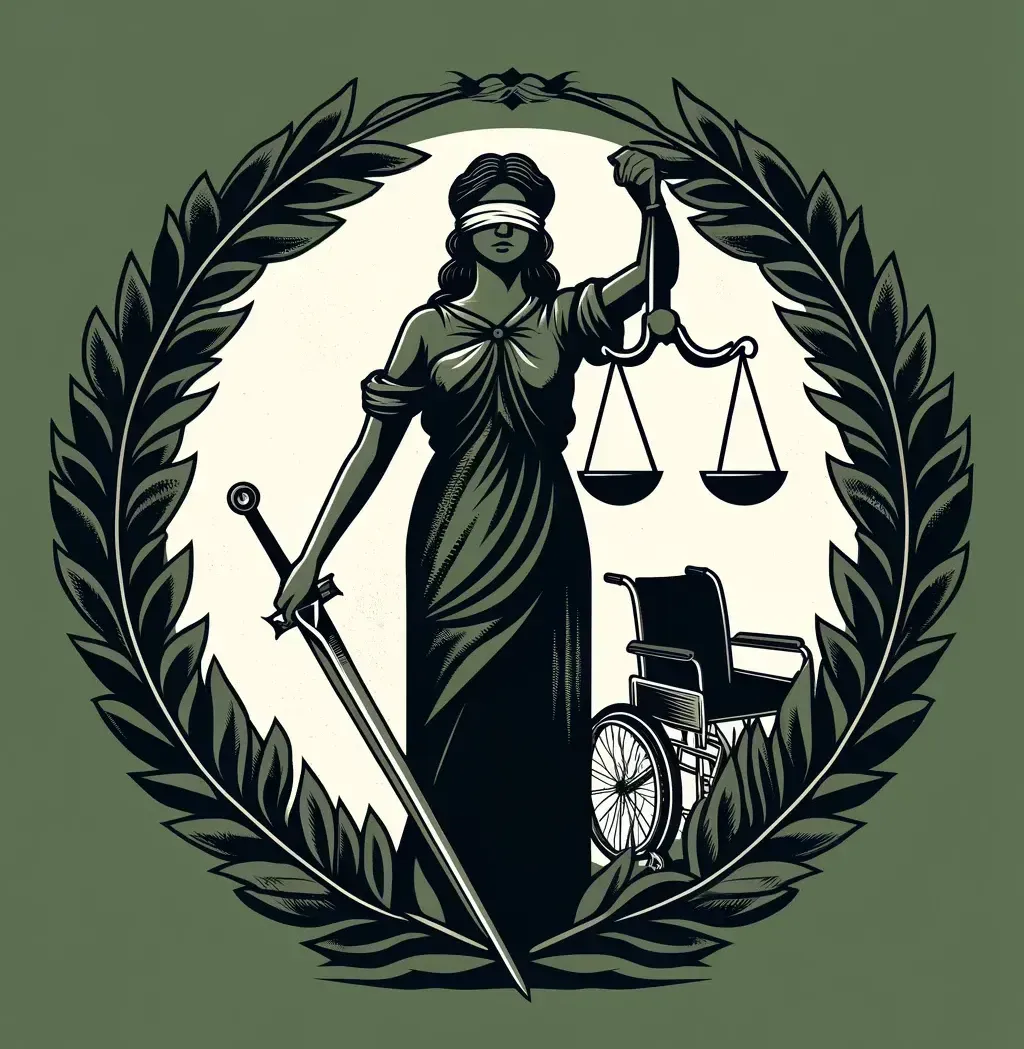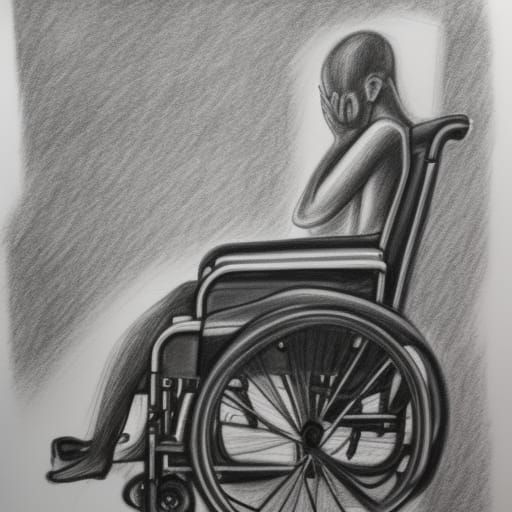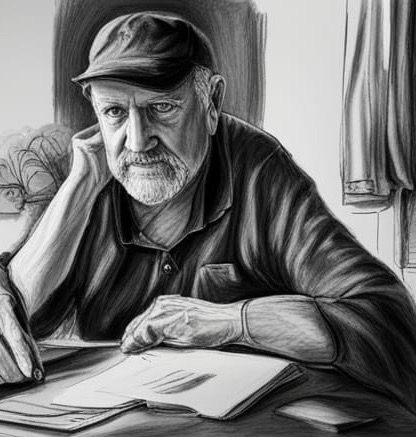Understanding Unsuccessful Work Attempts in Social Security Disability
SSA recognizes that some people want to try to return to work while they're waiting for their application to be processed
Working While Applying for Social Security Disability Benefits
When you apply for Social Security Disability benefits, you might wonder if you can try to work. The answer is yes, but there are important rules to follow.
Substantial Gainful Activity (SGA) Limit
- If you work and earn more than the Substantial Gainful Activity (SGA) limit while your application is being reviewed, the Social Security Administration (SSA) might deny your application.
- The SSA understands that some people want to try working again while waiting for their application to be processed. They have a rule for this called an Unsuccessful Work Attempt (UWA).
What is an Unsuccessful Work Attempt (UWA)?
- A UWA is when you try to work but have to stop or reduce your work hours and earnings because of your disability.
- The SSA lets you earn up to the SGA level for up to six months and still possibly qualify for disability benefits.
- To qualify, you must have a significant break in your work activity before returning to work, and your work must stop or go below the SGA level within six months because of your impairments.
Important Details About UWA
- If you work for six months or more at an SGA level, the SSA will likely consider you not disabled and deny your application.
- If you show that your work attempt failed due to your impairments, the SSA might not count that time against your disability claim.
Difference Between UWA and Trial Work Period (TWP)
- Unsuccessful Work Attempt (UWA): Applies while your application is pending. You can earn up to the SGA level for up to six months if you stop working due to your impairments.
- Trial Work Period (TWP): Applies after you've been approved for disability benefits. You can earn any amount of money and still get your full benefits. A TWP lasts for nine months within a five-year period.
Summary
If you're applying for Social Security Disability benefits and want to try working during the application process, an Unsuccessful Work Attempt can help you keep your disability claim. Here are key points to remember:
- Follow the rules about how long you can work.
- Document your work attempts and medical reasons for stopping work.
Questions
If you have questions or concerns about Unsuccessful Work Attempts or disability claims, contact Di Lorenzo and Wilcox. We understand the challenges of applying for disability benefits and have lots of experience helping clients navigate the Social Security Disability system. If you're in Southeast Georgia and need help with your disability claim, contact us for a free consultation.











